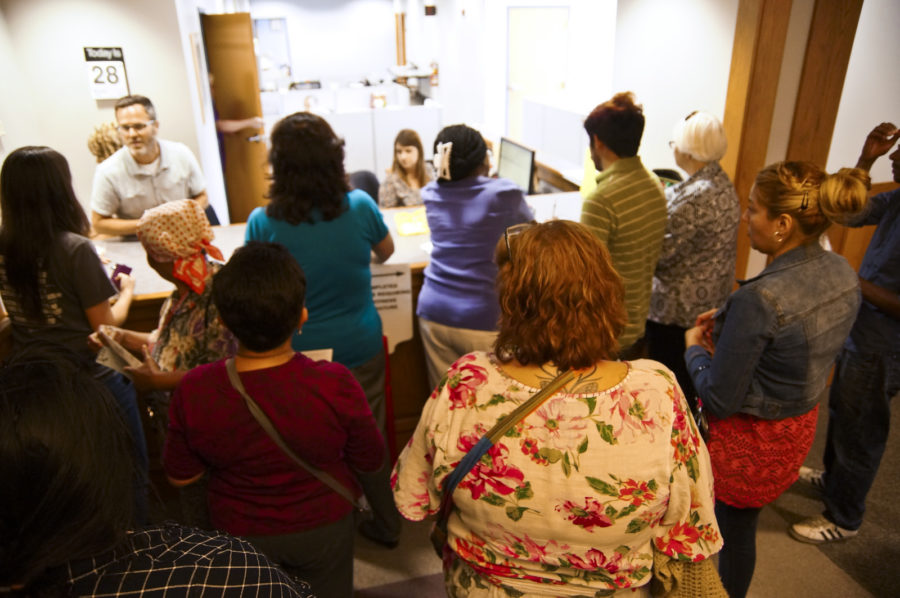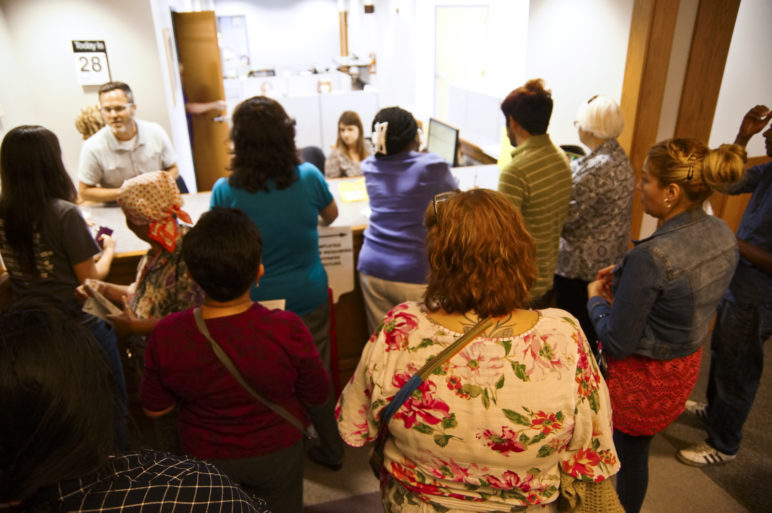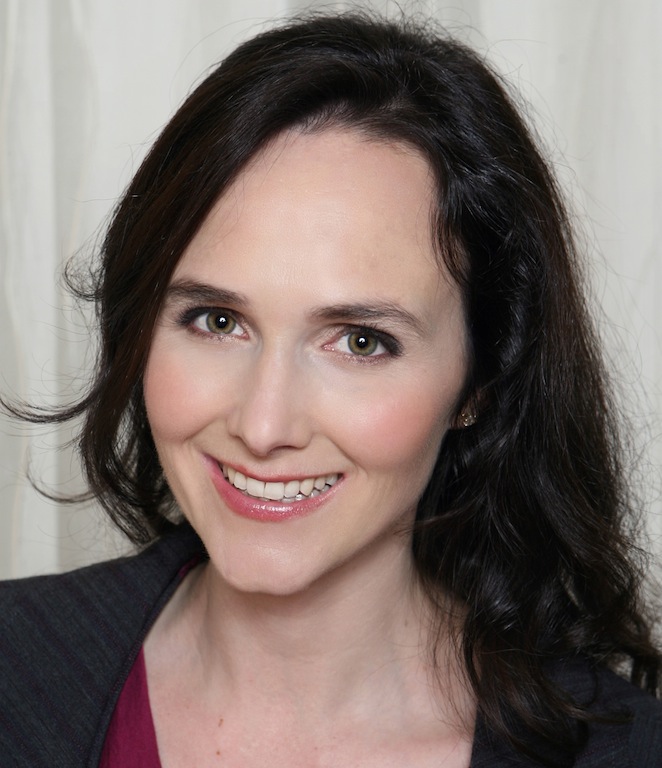It took a lot of effort, but voters worked towards electoral reform and have remedied the problem of minority winners.
Maine Governor Paul LePage called ranked voting “the most horrific thing in the world” and said he would not certify Maine’s primary election, which used ranked ballots. In a world that includes genocide and poverty, not to mention deep fried twinkies, what could make LePage call ranked choice voting “the most horrific thing”? Well, ranked choice voting would have forced LePage to win a majority before he could become governor. LePage was elected with less than 40 percent of the vote in 2010, and with less than 50 percent in 2014.
Oh, that.
Maine voters have been very clear: they want ranked-choice voting. In 2016, Mainers said YES to Ballot Question 5, to use ranked choice voting for state and federal elections. The powers that be (legislators and the governor) had a hissy fit, pulling out all the stops to halt voting reform. This week, Mainers again said yes to ranked choice voting. A new ballot measure asking Mainers if they are really, really sure about this whole ranked choice voting thing, passed. Ranked choice voting is in Maine to stay.
The same ballot that asked voters to re-affirm their commitment to ranked voting also gave them their first opportunity to use a ranked ballot in a statewide race. The primary elections used ranked ballots (see Maine’s sample ballot below), and one race in particular showed how important ranked ballots are in a crowded race. Seven people ran to be the Democratic candidate for governor, splitting the vote so badly that no candidate won even as much as one-third of it. Without ranked ballots, a candidate would have won the Democratic nomination even though nearly two-thirds of Democratic voters preferred someone else. But voters got to indicate their second choices, so Maine will be able to automatically simulate a runoff election, without asking voters to fill out a new ballot. The candidates with the fewest votes will be eliminated and voters will, in effect, vote in a special runoff with a narrowed field until one candidate emerges with a majority. 
Maine had a particular call to action: unpopular candidates like LePage winning the governorship even though most voters didn’t want them. Reformers started small, introducing ranked choice voting in the city of Portland, Maine, first before taking the campaign statewide. It took a lot of effort, but voters worked towards electoral reform and have remedied that problem of minority winners.
The Pacific Northwest has a slightly different call to action: votes going to waste, unfair elections results where votes don’t match legislative seats, and under-representation of women and people of color.
But British Columbia might already be ready to take electoral reform to the provincial level, and in Oregon and Washington reformers could start introducing reforms to cities, counties, and school boards. If we work towards reforms, we could remedy those problems and make more votes count by giving more voters a voice in government.












Greg Cusack
Ranked choice voting IS an important step towards returning to a more truly democratic system, Kristin; you convinced me of that more than a year ago. It will likely make the election of future ideological corkers like Le Page much more unlikely.
However, without also doing more to end the incredible dominance that the wealthy elite have in supporting candidates and advancing (or curtailing) policy initiatives, media blitzes praising candidates of their ilk will still disadvantage those candidates who favor policy that would advice justice and equity.
We must do a lot more in ensuring that voters have a chance to be as fully informed as possible, too!
Thanks for your continuing advocacy for better governance!
Jan Steinman
BC is poised to have a different system, but simple ranked voting is not among the choices being offered.
BC has twice before had election reform defeated. The first time (2005), the legislature, which had a majority with less than a majority of votes, said it had to pass by 60% of the vote; it only got 57%. So, a majority legislature that six of ten British Columbians voted against kept election reform from happening even though nearly six of ten British Columbians voted for it!
The second time (2009), the same government, elected under similar circumstances, came up with a system so convoluted that no one really understood it. Then a well-funded “anti” campaign saturated the airwaves with ads saying it was too complicated. It was defeated by about 53-47.
This time, a new government that stands to gain by election reform is in power, but unfortunately, they have come up with something that could be perceived as even more complicated than the last one! The ballot will have four choices: 1) keep things the same, 2) dual-member proportional representation, 3) mixed-member proportional representation and 4) rural–urban proportional representation.
Having served as a “scrutineer” (ballot watcher), my bias is for a system that is simple enough to do with pencil and paper. I lobbied for a simple ranked ballot system, which could be done with pencil and paper, while observers watch. All of the proposed alternatives will require the use of computers, which as we all know, are infallible and impossible to hack.
Under any of the new systems, it becomes rather meaningless to observe a polling station, except to be sure that ID is properly checked and that people don’t vote more than once. I’m pretty sure the next “stolen” election will use neither of those schemes, when hacking into computers is so much easier.
BR
Your last sentence made it clear that the previous paragraph was ironic.
Don’t count on everyone to recognize irony.
Irony can be misconstrued on purpose, too.